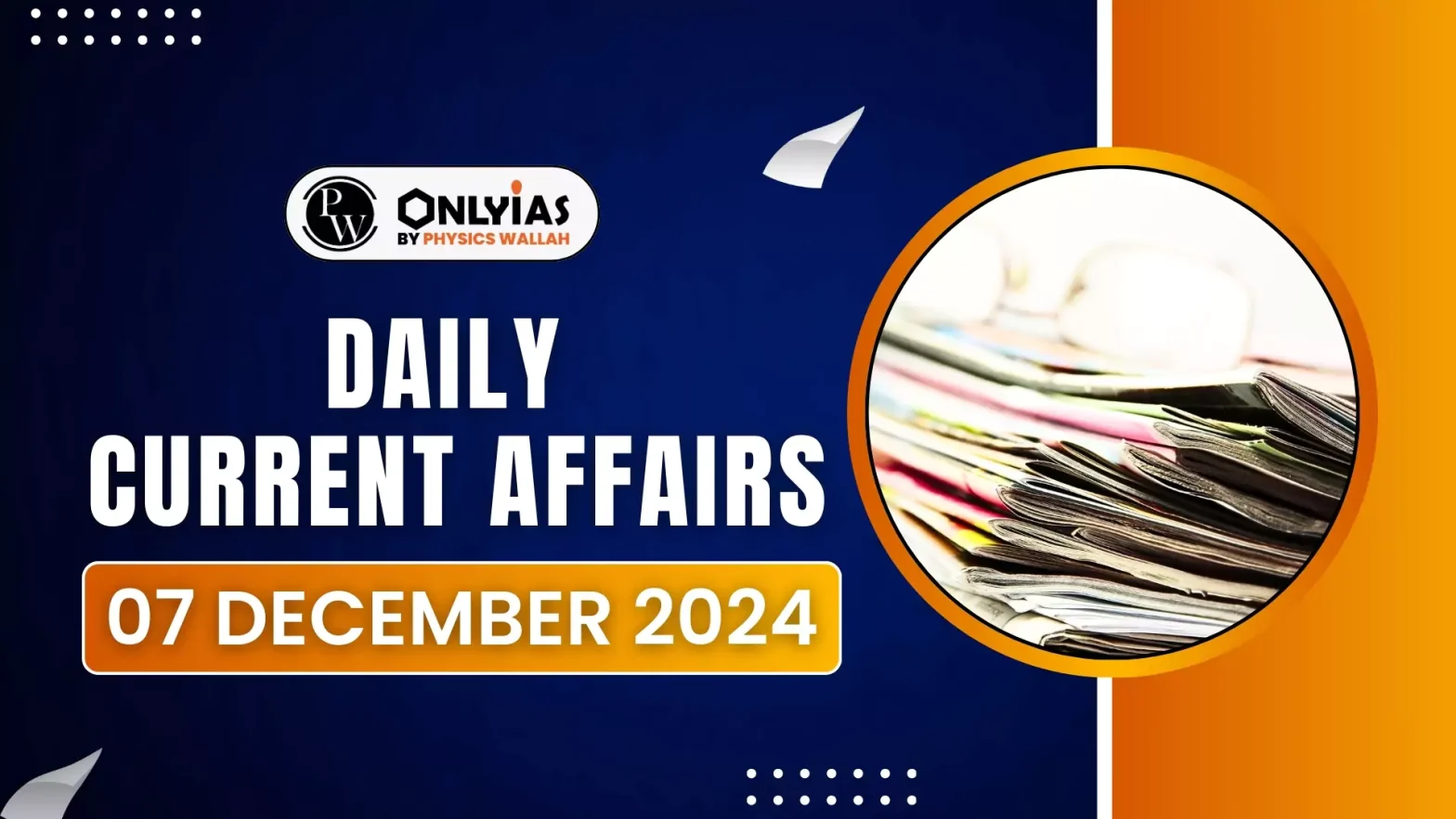A privilege motion notice has been submitted in response to remarks made by a parliamentarian referring to the Leader of Opposition as a “traitor of the highest order.”
About Privilege Motion
- A privilege motion addresses a breach of parliamentary privileges committed by a minister or member.
- Breach of Parliamentary Privileges:
- It occurs when rights and immunities (referred to as Parliamentary Privileges) are disregarded.
- This offense is punishable under the law of Parliament.
- A motion can be initiated by any member of either House against the guilty party.
- Purpose: To censure the minister or member concerned for the breach.
- Governing Rules:
- Rule No. 222 in Chapter 20 of the Lok Sabha Rule Book and Rule 187 in Chapter 16 of the Rajya Sabha Rule Book govern privilege motions.
- These rules allow a member to raise a question involving a breach of privilege with the consent of the Speaker or Chairperson.
- Role of Speaker or Chairperson:
- Acts as the first level of scrutiny for a privilege motion.
- They can either decide on the motion themselves or refer it to the Privileges Committee of Parliament.
- If the motion is accepted under the relevant rules, the concerned member is allowed to make a short statement.
Enroll now for UPSC Online Course
Consequences of the Privilege Motion
If a privilege motion against an MP is found to be valid, the following consequences may arise:
- For the MP:
- Reprimand or Admonition: The Speaker or Chairperson may issue a formal reprimand or warning to the MP.
- Suspension: The MP may be suspended from the House for a specific period.
- Expulsion: In severe cases, the MP may be expelled from the House, which would result in their losing their parliamentary seat.
- For the House:
- Censure Motion: The House may pass a censure motion against the MP, expressing its disapproval of their actions.
- Inquiry Committee: The House may form a committee to investigate the matter further and recommend appropriate action.
- Specific consequences depend on the severity of the breach of privilege and the decision of the Speaker or Chairperson.
About Parliamentary Privileges
- Constitutional Provisions: Article 105 explicitly grants members freedom of speech in Parliament and the right to publish its proceedings.
- While Parliament has not codified all privileges, the Constitution extends them to the Attorney General of India but not to the President, despite the President being part of Parliament.
Collective Privileges
- Under Article 105:
- Parliament has the right to publish its proceedings and prohibit unauthorized publication.
- Parliament can hold secret sittings.
- Parliament can punish members or outsiders for breaches of privilege or contempt.
- Parliament has the right to be informed about the arrest, detention, conviction, imprisonment, or release of a member
- No person can be arrested or served with legal processes within the precincts of Parliament without the permission of the presiding officer.
- Parliament can conduct inquiries, summon witnesses, and demand relevant documents.
- Article 122: Courts cannot inquire into the proceedings of either House of Parliament or its committees.
- Article 118: Parliament has the power to make rules for its own procedure and conduct of business.
Check Out UPSC CSE Books From PW Store
Individual Privileges Under Article 105
- Members of Parliament cannot be arrested during a session or 40 days before or after a session (civil cases only).
- Members enjoy freedom of speech in Parliament and are immune from legal proceedings for statements made or votes cast in Parliament or its committees.
- Members are exempt from jury service and can refuse to give evidence or appear as witnesses in court cases while Parliament is in session.
![]() 7 Dec 2024
7 Dec 2024

